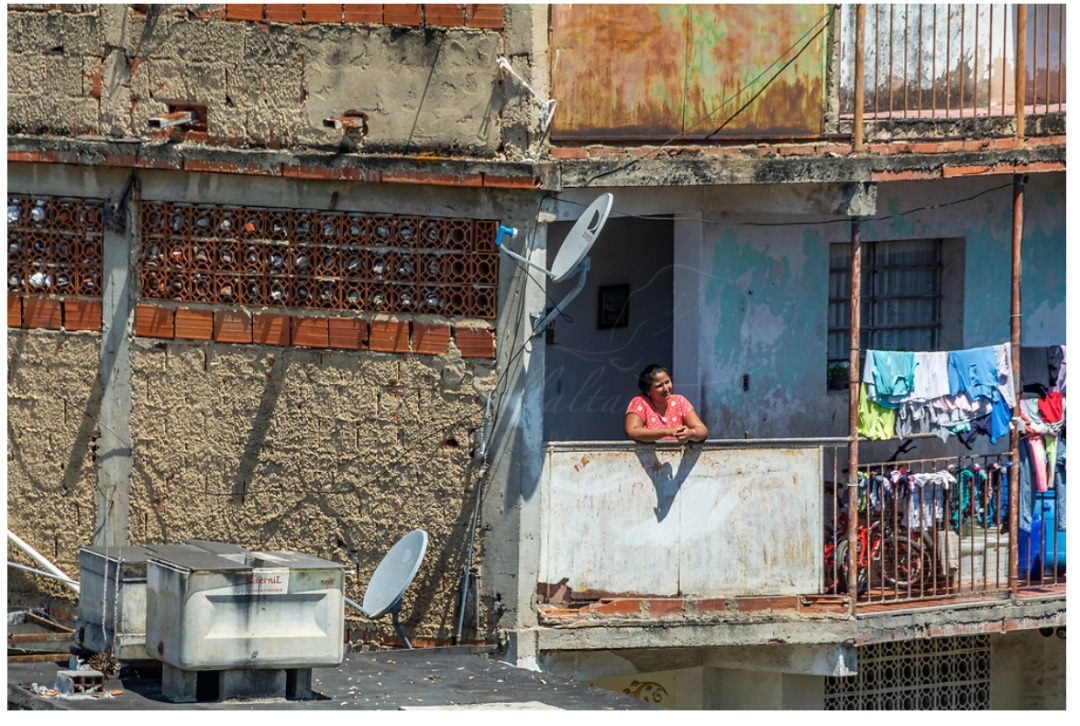Since the end of the Cold War, multilateral and unilateral sanctions have become an essential instrument of global and national foreign policy. They are imposed to address international challenges to peace and security, including ending civilian wars and territorial aggression, and to thwart nuclear proliferation, mass atrocities, and terrorism.
Yet over the past decade, sanctions have become deeply entangled in major humanitarian disasters. In Syria, Yemen, South Sudan, and the Democratic Republic of the Congo, sanctions have failed to prevent massive violence. In many cases, they have created economic hardship and harmed innocent civilians. These trends have become even more pronounced during the global COVID-19 pandemic.
What can we learn from situations where sanctions were imposed and consequences for citizens were extremely harsh? How can policymakers increase the effectiveness of sanctions while creating stronger safeguards to prevent negative humanitarian impacts?
To address these concerns, The Sanctions and Security Research Project of the Fourth Freedom Forum and the Kroc Institute for International Peace Studies, part of the University of Notre Dame’s Keough School of Global Affairs, have commissioned studies of the humanitarian impact of sanctions on Iran and Venezuela. They have also joined with The Carter Center’s project on Syria that documents the humanitarian impact of sanctions there. Executive summaries of these studies will be the basis for the discussion.
Please join us for a timely discussion that will feature these new studies and their recommendations.
Join us for a policy conversation webinar:
Monday, December 6
11:30 a.m. – 1:00 p.m. ET (US)

